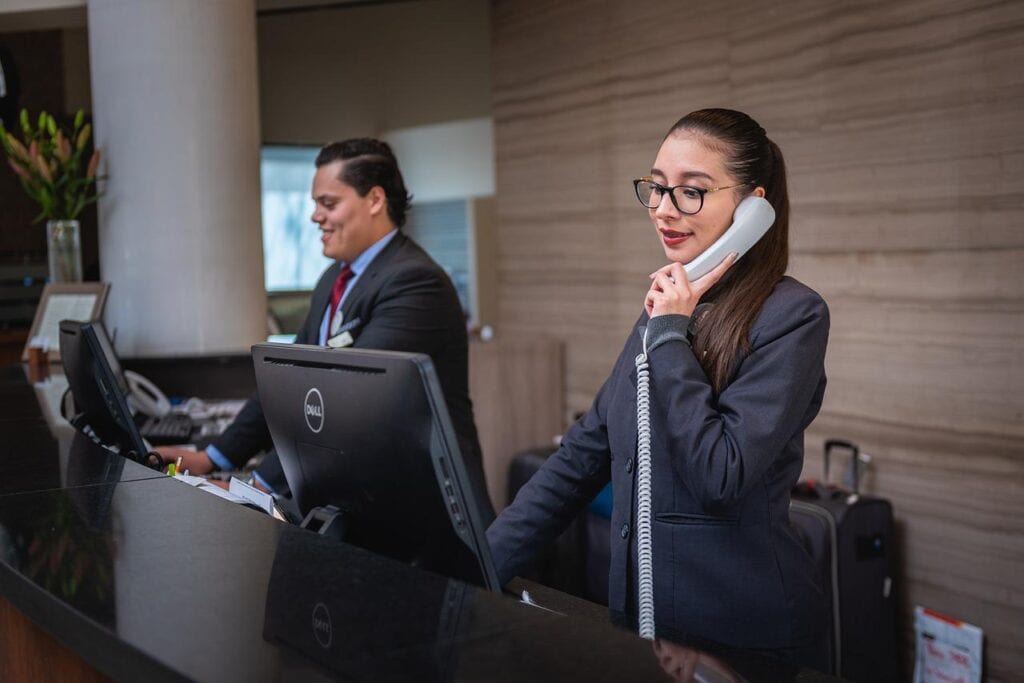A call over court is a brief hearing that aims at scheduling trial dates for a large number of cases. These hearings don’t address any case details beyond setting the trial date. Sometimes, there’s a preliminary stage called a mention where you inform the magistrate (judge) of your initial plea (guilty or not guilty).
Depending on the local court, you might attend a call over before the mention. At both the call over and mention, a court official (registrar) will ask for your initial plea. You can plead guilty to the registrar. If this is the case, a magistrate can decide on your ‘sentence’ in another courtroom. More importantly, a lawyer can help with a call over court.
What Happens During A Call Over Court Attendance?
Here’s what to expect at a call over court:
1. Finding your courtroom: Look for a notice board listing courtrooms and names. If you can’t find your name, politely ask a court staff member for directions.
2. Preparing for your trial date: Bring a list of any dates your witnesses can’t attend court. This will help secure a date that works for everyone.
3. During the call over:
- Pay close attention during your case hearing.
- Respond promptly to the judge or court officer.
- Prepare to answer quickly if the proposed trial date works for your witnesses.
What if there aren’t ideal dates?
If there aren’t enough trial dates available, or the available dates don’t work, your case will likely be moved to the next call over session, which could be one or two months away.
The trial date will most likely be at least six weeks after the call over court. A trial will usually have a schedule for a “not before” date. This means it will not begin before that date, but it may begin on or after that date. This depends on how long it takes for the court to complete other trials scheduled.
Read: How Long Does A Family Court Hearing Take?
I Received a “Not Before” Trial Date, What Now?
It is critical to contact the court if you received a “not before” trial date. This is the day before the assigned trial date to find out when your trial is expected to begin. If your trial does not begin on time, it may begin in the following days with little notice.
You should inform that the trial may be delayed to your witnesses and supporters. Witnesses and supporters may give some flexibility in their availablity if this is the case.
If you want a specific start date for your trial, you must request it at the hearing or write it on your call over court certificate.
Parties and/or witnesses receive fixed starting dates if the trial is located interstate or overseas. You will receive the receive the name of the judicial officer who will conduct your trial at a call over court. However, the case may transfer to another judicial officer closer to the trial date.

Call Over Court: Settling an Agreement Before the Trial Date Is Set
You and the other party can reach an agreement to settle your dispute at any time before the delivery of judgement. This includes before and during the trial. If you reach an agreement, you should notify the court as soon as possible to avoid wasting the court’s time.
To formalise your agreement, file or hand over a minute of consent orders. Each party must sign and outline the term of agreement. You can apply for an Application for Consent Orders (Form 11) if the judicial officer believes that you don’t have ongoing proceedings.
Guilty Plea vs Not Guilty Plea
| Pleading Guilty | Pleading Not Guilty |
| Sentencing on the spot: In most cases, pleading guilty leads to sentencing on the same day. Possible delays for programs: The judge (magistrate) might postpone sentencing if you’re enrolled in a program like traffic offender intervention. The court will adjourn (delay) your case until the program is complete. This allows time for a pre-sentence report (assessment) to be prepared. Your chance to speak: Before sentencing, you’ll have an opportunity to address the magistrate about yourself and the charges. Consider preparing what you want to say beforehand. One court appearance (usually): Pleading guilty typically resolves the case in a single court appearance. | Next court date: If you plead not guilty, the judge or registrar will schedule another court date. This could be for a hearing or a further mention (preliminary court appearance). Pre-trial steps: Depending on the charges, the court might:Order the police to provide you with a detailed summary of the evidence (brief of evidence). Set a date for another mention before the main hearing. This allows for further preparation. Determine the number of witnesses each side plans to call. Estimate the length of the hearing. |

Read: What Is Arraignment Meaning? | JB Solicitors
What If I Need Time To Seek Legal Advice
Time is of the essence when we’re talking about a call over court. If you are not ready to have your case heard in court, you can ask the magistrate to reschedule it. This is known as an ‘adjournment’. If you need more time, you may:
- Request time to consult with a solicitor about how to plead.
- Require time to find a lawyer to represent you.
- Write to the police to request to drop the charges or the police to change the facts sheet.
- Have pled guilty and require time to prepare for the sentence.
- Have pleaded guilty and require time to attend an intervention programme or counselling.
Seeking legal advice is indeed the best way to approach a call over the court. JB Solicitors takes pride in valuing our client’s time when they are going through a call over court. We have a guaranteed call back within 24 working hours. Our experienced solicitors are more than ready to represent you in court
Contact our civil dispute and litigation lawyers today.
